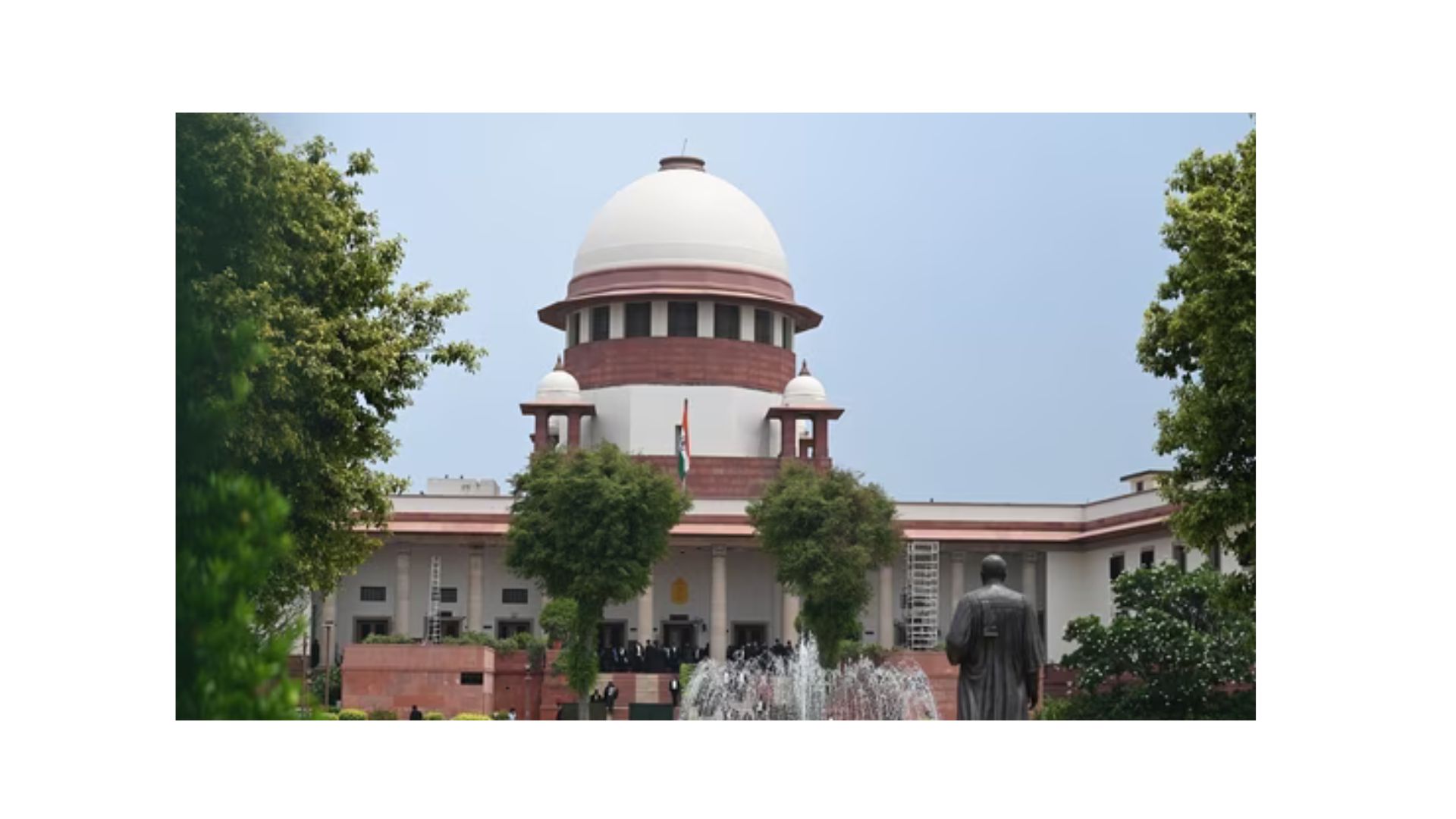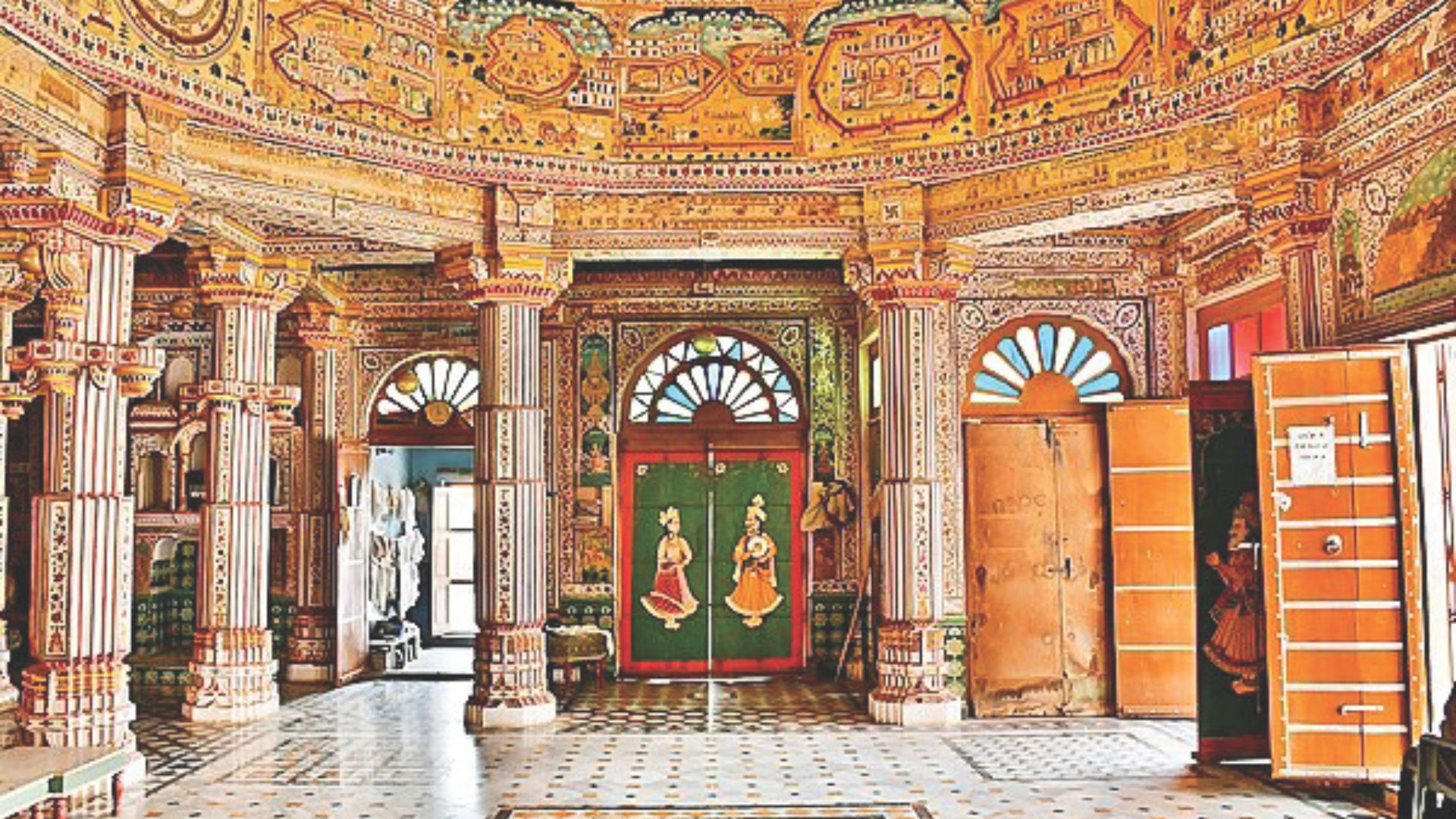
The Supreme Court on Friday partially stayed a circular issued by Chembur College in Mumbai, which had banned students from wearing hijabs, stoles, or caps on campus. A bench comprising Justices Sanjiv Khanna and Sanjay Kumar issued a notice on the petition challenging the ban and suspended the ban on hijabs and caps.
In its interim order, the bench stated, “We issue a notice in the week commencing November 18. We partly stay clause 2 of the impugned circular to the extent that it directs no hijab, no cap, and no badges will be allowed. We hope and trust this interim order is not misused by anybody.”
The court expressed surprise at the college’s decision and questioned the rationale behind the ban, emphasizing that such a rule could hinder the empowerment of women. Justice Khanna asked the college’s counsel, “How are you empowering women by telling them what to wear? Where is the choice for the woman?”
The college’s counsel argued that the intention was to avoid revealing students’ religious affiliations. However, Justice Khanna responded, “Religion is there in the names also. Do not impose such rules.” He further questioned whether the college would also ban bindi or tilak.
The Supreme Court agreed that face-covering veils like niqabs or burqas should not be allowed in class and did not interfere with that part of the college’s instructions.
This appeal follows a Bombay High Court order that upheld the college’s ban on students wearing hijabs, niqabs, burqas, stoles, caps, or badges on campus. The High Court had dismissed the plea filed by a group of female students, who argued that the dress code violated their fundamental rights to privacy, dignity, and religious freedom.
The college maintained that the ban applied to all religious symbols and was not specifically targeted at Muslims. The High Court had ruled that the dress code did not violate the Constitution and was intended to ensure that students focus on education rather than religious symbols.















